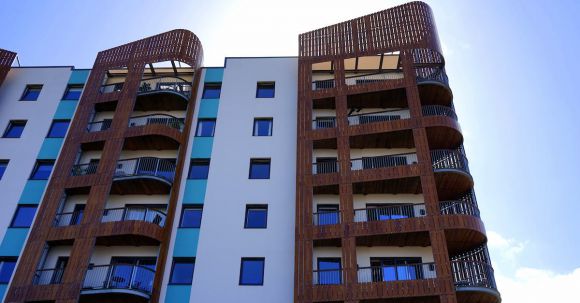Investing in rental properties can be a lucrative financial venture. However, it is important to carefully consider several factors before diving into this type of investment. From location to financing options, there are various aspects to take into account to ensure a successful and profitable endeavor. In this article, we will delve into the key considerations to keep in mind when investing in rental properties.
Market Analysis and Location
One of the first steps in investing in rental properties is conducting a thorough market analysis. It is crucial to research and understand the local real estate market trends, rental demand, and average rental rates. This will help you identify areas with high potential for rental income and growth. Additionally, the location of the property plays a vital role in attracting tenants. Look for areas with good amenities, proximity to transportation, and low crime rates. A desirable location will not only attract tenants but also increase the property’s value over time.
Property Condition and Maintenance
Assessing the condition of the property is essential before making an investment. Consider the age of the property, its maintenance history, and any potential repairs or renovations that may be required. Factor in the costs of these repairs and renovations when calculating your potential return on investment. Additionally, ongoing maintenance is crucial for keeping the property in good condition and attracting quality tenants. Budget for regular maintenance expenses, such as landscaping, plumbing, and electrical repairs, to ensure the property remains attractive and well-maintained.
Financing Options and Cash Flow Analysis
Investing in rental properties often requires financing, so it is important to explore your options. Consider whether you will be using a mortgage, cash, or a combination of both to finance the purchase. Research different lenders, loan terms, and interest rates to find the most favorable option for your investment strategy. Once you have secured financing, conduct a cash flow analysis. This involves calculating the potential rental income and subtracting all expenses, including mortgage payments, property taxes, insurance, and maintenance costs. Ensure that your rental income exceeds your expenses to generate positive cash flow.
Tenant Screening and Management
Finding and retaining quality tenants is crucial for a successful rental property investment. Implement a thorough tenant screening process to minimize the risk of problematic tenants. This may include conducting background checks, verifying employment and income, and checking references. Additionally, effective property management is essential for maintaining a positive landlord-tenant relationship and ensuring the property is well-maintained. Decide whether you will manage the property yourself or hire a professional management company. Consider the time, effort, and expertise required for successful property management.
Risk Assessment and Exit Strategy
Investing in rental properties involves certain risks, such as economic downturns, vacancies, and unexpected repairs. Assess these risks and have contingency plans in place to mitigate them. Calculate the potential return on investment under different scenarios to ensure you are prepared for any challenges that may arise. Additionally, have an exit strategy in mind. This may involve selling the property at a certain point to reap the maximum return on investment or transitioning it into a different type of investment.
In conclusion, investing in rental properties can be a profitable venture if done right. Consider the market analysis, property condition, financing options, tenant screening, and risk assessment to make informed investment decisions. Remember that successful property investment requires careful planning, ongoing maintenance, and effective management. By taking these factors into account, you can increase the chances of a successful and profitable rental property investment.





